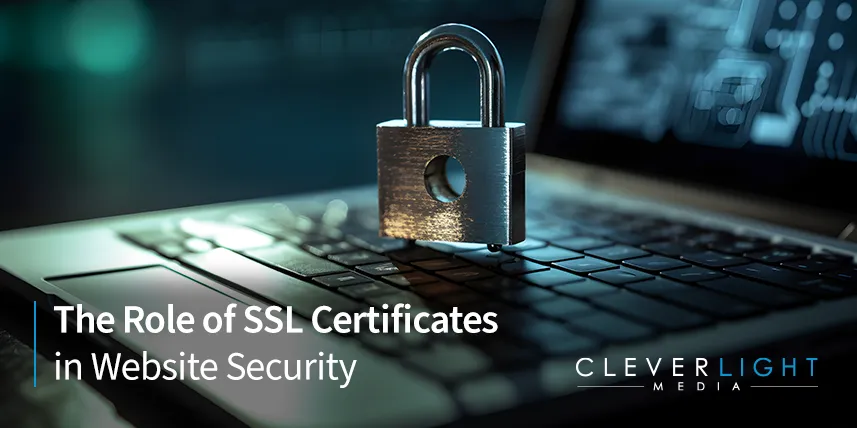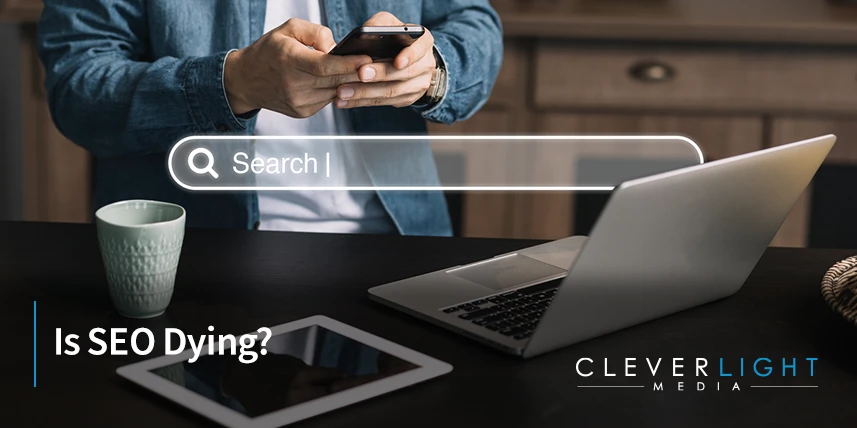In today’s digital landscape, website security is paramount. With cyber threats on the rise, protecting sensitive data and ensuring the trust of your online visitors is non-negotiable. One essential tool in the arsenal of web security is the SSL certificate. In this comprehensive guide, we’ll delve into the critical role SSL certificates play in safeguarding your website and why every online business should prioritize their implementation.
Understanding SSL Certificates
SSL, which stands for Secure Sockets Layer, is a cryptographic protocol that encrypts the data transmitted between a web server and a user’s browser. SSL certificates are the digital keys that enable this encryption, turning sensitive information like credit card numbers and login credentials into unreadable code that’s virtually impossible to intercept.
Enhancing Data Encryption
SSL certificates provide end-to-end encryption, ensuring that data remains confidential as it travels from the user’s device to your web server. This encryption is particularly vital for e-commerce websites and any site that handles user data, as it protects both your customers and your business from data breaches and cyberattacks.
Boosting User Trust
When a website uses SSL, users see a padlock icon in the address bar, and the URL begins with “https” instead of “http.” These visual cues signal that the website is secure and that their data is safe. This boost in user confidence can lead to increased trust in your brand and higher conversion rates.
Securing Online Transactions
E-commerce businesses rely on SSL certificates to secure online transactions. When customers make purchases, their payment information is encrypted, making it incredibly challenging for hackers to steal sensitive data during the checkout process. Without SSL, customers are unlikely to trust your site with their financial information.
Protecting Against Phishing Attacks
SSL certificates also help protect your website from phishing attacks. Cybercriminals often use fake websites that mimic legitimate ones to trick users into revealing their personal information. SSL can help users differentiate between authentic and fraudulent sites, reducing the risk of falling victim to scams.
Improving Search Engine Ranking
Search engines like Google prioritize website security, and SSL is a factor in their ranking algorithms. Websites with SSL certificates are more likely to rank higher in search results, leading to increased visibility and organic traffic. So, SSL isn’t just about security; it’s also about SEO.
Types of SSL Certificates
There are several types of SSL certificates to choose from, depending on your website’s needs:
- Domain Validated (DV) SSL: Provides basic encryption and is suitable for blogs and informational websites.
- Organization Validated (OV) SSL: Offers a higher level of validation and is ideal for small businesses and e-commerce sites.
- Extended Validated (EV) SSL: Provides the highest level of validation and is often used by financial institutions and large corporations.
- Wildcard SSL: Secures a main domain and all its subdomains with a single certificate.
Conclusion
In the ever-evolving digital landscape, SSL certificates are not optional but rather a fundamental component of website security. They protect user data, build trust, and even enhance your search engine ranking. If you haven’t already, it’s time to secure your website with SSL.
At CleverLight Media, we understand the critical importance of website security. Our team of experts can help you implement the right SSL certificate for your website as part of our Managed WordPress Hosting, ensuring that your online presence is not only secure but also trustworthy. Don’t leave your website’s security to chance; contact us today to fortify your digital defenses.







